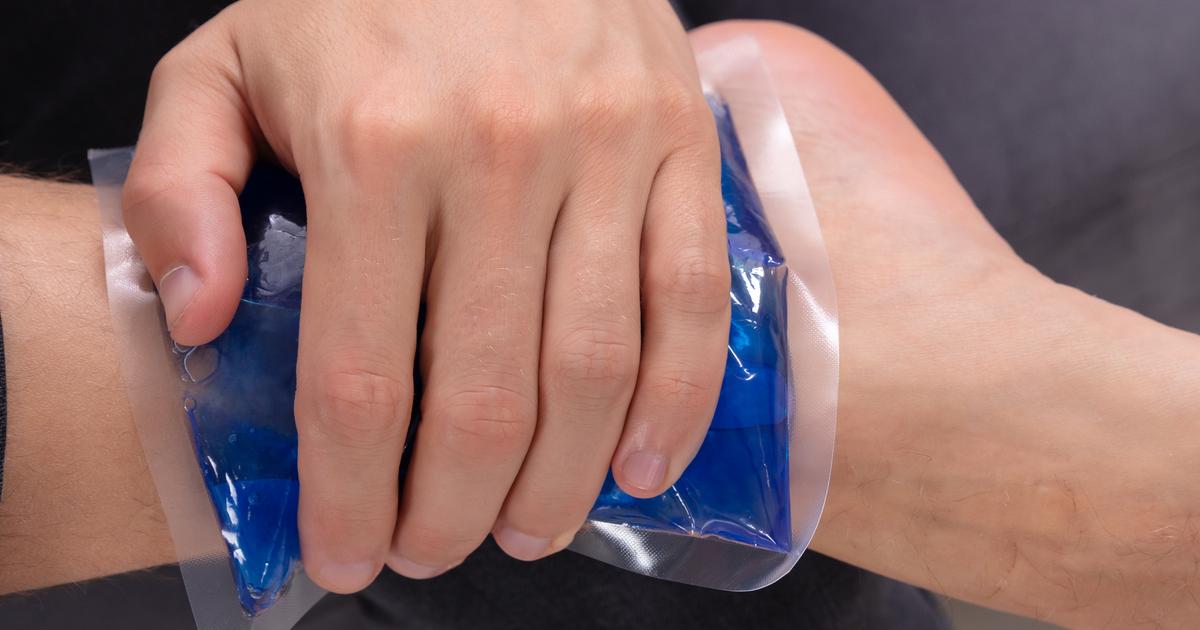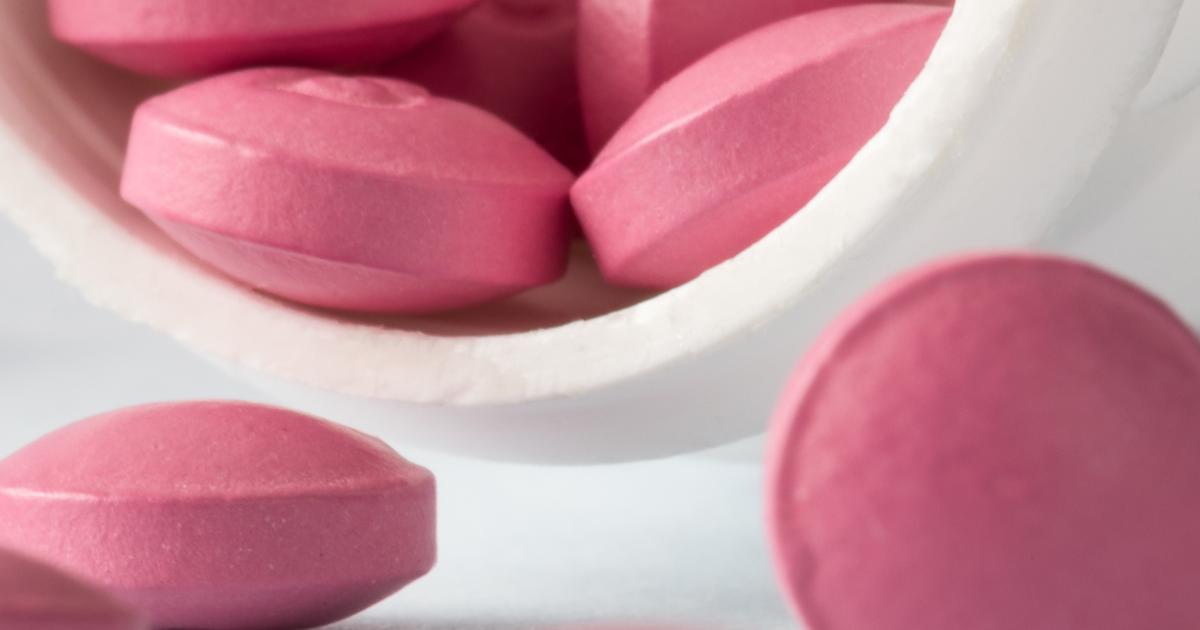What Treats Heel Pain?
Heel pain can be caused by any number of injuries or other underlying conditions. Many issues that cause heel pain have the same first-line treatment: rest. If an individual overused their muscles or strained their tendons, they need to rest them so they can heal. Conditions like plantar fasciitis can be caused by too much pressure on the foot, while conditions like Achilles tendonitis are caused by overuse and repetitive motion. Most cases of heel pain won't require treatment by a doctor. However, some underlying conditions will need to be treated by a professional. Plantar fasciitis is one of them, as are serious strains or sprains. Fractures to the heel or ankle bones are a medical emergency that should be treated immediately.
Rest And Ice

The first thing doctors will recommend for most cases of heel pain is rest and ice. Walking around on the injured heel will not only cause more pain, but it can make the underlying cause worse. In serious cases, overusing an injured leg can lead to tearing or rupturing of tendons. If individuals work on their feet all day, they should try to arrange to sit for as much of the day as possible. They should take some time off work if they need it. When possible, individuals should also elevate their leg to improve blood circulation and promote faster healing. Individuals can do this by sitting in bed and propping their foot up on pillows, or by propping their foot on pillows on a coffee table. Ice can help numb the pain signals from nerves, but it shouldn't be used constantly. Instead, experts recommend using ice against the affected heel for ten to fifteen minutes twice each day.
Take Pain Medication

Most heel pain resolves on its own as long as individuals rest the injury. However, patients will still want to manage the pain in the meantime. Unless the injury is severe, they probably don't need prescription-strength painkillers to deal with the discomfort. Severe pain is always cause to talk to a doctor. Mild to moderate pain can be treated with over-the-counter pain medications purchased at a local pharmacy. The two main types of over-the-counter pain medicine are acetaminophen and nonsteroidal anti-inflammatory drugs (NSAIDs), including naproxen and ibuprofen. Both of these can relieve muscle stiffness and aching, and they can both reduce fever. However, acetaminophen can't reduce inflammation, which means if an individual's heel pain is caused by any kind of inflammation, they'll want to use NSAIDs.
